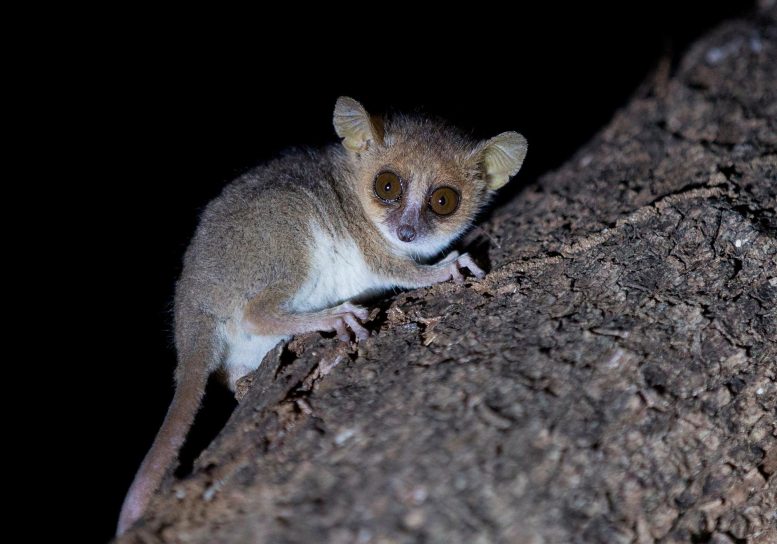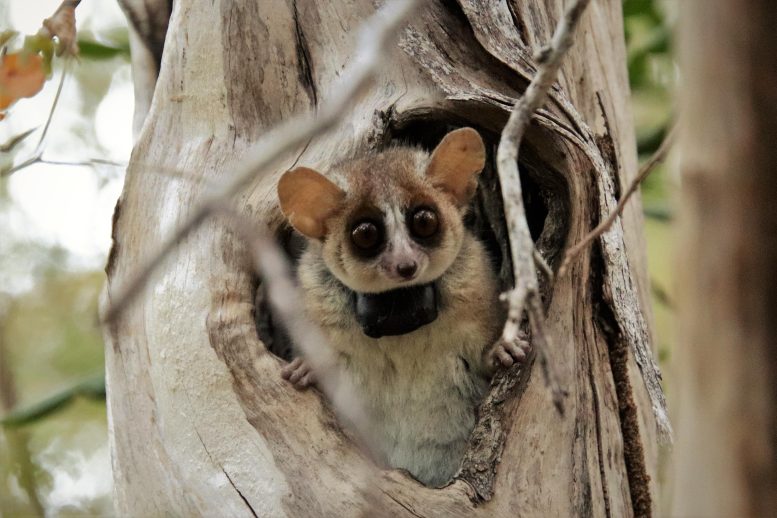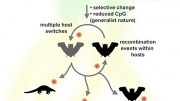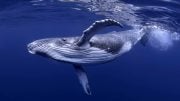
A study on wild gray mouse lemurs by the German Primate Center revealed that higher cognitive skills and exploratory behavior contribute to longer lifespans. The research, which included various cognitive and personality tests, indicates that intelligence and physical vigor are key strategies for survival in wildlife.
Mouse lemurs that perform better in cognitive tests live longer.
Cognitive abilities not only vary among different species but also among individuals within the same species. It is expected that smarter individuals live longer, as they are likely to make better decisions, regarding habitat and food selection, predator avoidance, and infant care.
To investigate the factors influencing life expectancy of wild gray mouse lemurs, researchers from the German Primate Center conducted a long-term study in Madagascar. They administered four different cognitive tests and two personality tests to 198 animals, while also measuring their weight and tracking their survival over several years.
The cognition tests assessed problem-solving (reaching food by manipulating a slider), spatial memory (remembering the location of hidden food), inhibitory control (taking a detour to access food), and causal understanding (retrieving food by pulling a string). The first personality test evaluated exploratory behavior, while the second measured curiosity through the animals’ reactions to unfamiliar objects.

Collared with a special logger, the scientists collected activity data of this grey mouse lemur during the dry season in Madagascar. Hinweis. Credit: Johanna Henke-von-der-Malsburg
Either Being Particularly Smart or Particularly Explorative – Both Strategies Can Lead to Longer Life
In the study, individuals that performed better in the cognitive tests exhibited less exploratory behavior compared to poorer-performing conspecifics. Conversely, more explorative individuals had higher weights, likely due to their ability to find food more easily. The study also found that animals with better cognitive performance, higher weight, and stronger exploratory behavior tended to have longer lifespans.
“These results suggest that being either smart or exhibiting good physical condition and exploratory behavior are likely to be different strategies that can lead to a longer lifespan,” said Claudia Fichtel, first author of the study and a scientist at the German Primate Center. “In future studies, we aim to investigate how cognitive abilities translate into behavioral strategies to find food or mating partner.”
Reference: “Cognitive performance is linked to fitness in a wild primate” by Claudia Fichtel, Johanna Henke-von der Malsburg and Peter M. Kappeler, 12 July 2023, Science Advances.
DOI: 10.1126/sciadv.adf9365









Be the first to comment on "Survival of the Smartest: Insights on Intelligence and Lifespan From Mouse Lemurs"